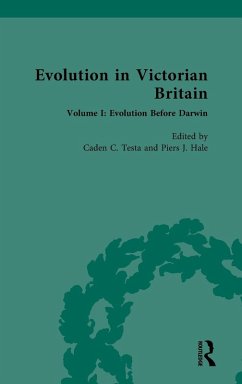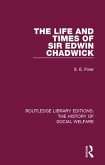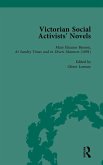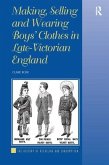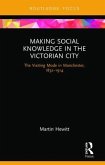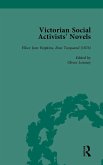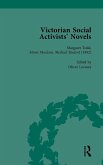This volume provides the readers with a broad but detailed consideration of a wide array of transmutationist thinkers who published before Darwin. Highlighting some of those whom Darwin later acknowledged as well as number he chose not to, readers are shown that the notion that none of these earlier thinkers offered a well-developed or workable theory of evolution is untenable once we read their own words. Further, we will quickly see that transmutation, or the 'developmental hypothesis' as it was also sometimes called, had a wide audience across the period under consideration.
Scholars such as Adrian Desmond have already drawn attention to the political radicals in the London and Edinburgh medical schools who embraced the transmutationist ideas of the French anatomists Etienne Geoffroy Saint Hilaire and the naturalist and zoologist Jean-Baptiste Lamarck, and the historians John van Wyhe and Roger Cooter have highlighted the materialist naturalism of phrenologists whose work was so amenable to developmentalist thinking. Paul Elliott has drawn our attention to the "Derbyshire Darwinians," who championed the transmutationist and egalitarian Enlightenment ideas of Erasmus Darwin, Charles Darwin's grandfather - as well as the extent to which the Derby Philosophical Society was a breeding ground for this kind of thinking. It was here, for instance, that the young radical journalist Herbert Spencer spent many hours in his formative years.
Thus, while Darwin was quietly working away at his big species book, transmutation was being discussed and debated, written about, and advocated across the nation. The book he eventually published in 1859, On the Origin of Species, was thus a contribution to an already very lively, controversial, contested, and ongoing debate. However, Darwin had not intended to published Origin as we know it; it is in fact only what he called a brief abstract of the detailed multi-volume work he had initially had in mind. Itwas upon receipt of a short essay from the naturalist and collector Alfred Russel Wallace that Darwin was pressed to publish. In this short paper Wallace had quite independently arrived at a theory of species development that was remarkably similar to that which Darwin had been working on for some twenty years.
Scholars such as Adrian Desmond have already drawn attention to the political radicals in the London and Edinburgh medical schools who embraced the transmutationist ideas of the French anatomists Etienne Geoffroy Saint Hilaire and the naturalist and zoologist Jean-Baptiste Lamarck, and the historians John van Wyhe and Roger Cooter have highlighted the materialist naturalism of phrenologists whose work was so amenable to developmentalist thinking. Paul Elliott has drawn our attention to the "Derbyshire Darwinians," who championed the transmutationist and egalitarian Enlightenment ideas of Erasmus Darwin, Charles Darwin's grandfather - as well as the extent to which the Derby Philosophical Society was a breeding ground for this kind of thinking. It was here, for instance, that the young radical journalist Herbert Spencer spent many hours in his formative years.
Thus, while Darwin was quietly working away at his big species book, transmutation was being discussed and debated, written about, and advocated across the nation. The book he eventually published in 1859, On the Origin of Species, was thus a contribution to an already very lively, controversial, contested, and ongoing debate. However, Darwin had not intended to published Origin as we know it; it is in fact only what he called a brief abstract of the detailed multi-volume work he had initially had in mind. Itwas upon receipt of a short essay from the naturalist and collector Alfred Russel Wallace that Darwin was pressed to publish. In this short paper Wallace had quite independently arrived at a theory of species development that was remarkably similar to that which Darwin had been working on for some twenty years.

